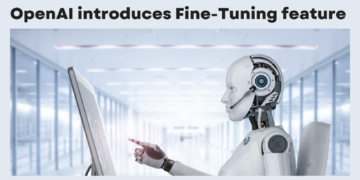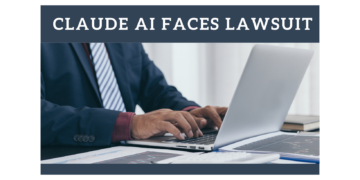Eight newspapers owned by Alden Global Capital’s MediaNews Group have initiated lawsuits against Microsoft and OpenAI. The newspapers, including publications like the New York Daily News and the Chicago Tribune, allege that their content was unlawfully used to train Artificial Intelligence (AI) models without permission or compensation. What does this mean for intellectual property rights in the age of GenAI?
The Allegations
According to reports, the newspapers filed their complaints in New York federal court. They accused Microsoft and OpenAI of copying millions of articles to train AI systems. The allegations mainly include Microsoft and OpenAI’s conversational chatbots, Copilot and ChatGPT respectively. The plaintiffs assert that the AI models replicate their copyrighted content. They generate fictitious articles falsely attributed to the newspapers, tarnishing their reputations.
Legal Proceedings
The lawsuits mark a significant escalation in the ongoing battle between traditional media outlets and tech companies. The allegations are exactly same, using copyrighted material for AI development. Previous litigations by other news organizations, including the New York Times and The Intercept, have already set a precedent for such legal disputes.
Steven Lieberman, the lawyer representing the MediaNews publications, emphasized that the success of OpenAI owes much to the intellectual contributions of others. He criticized the defendants for allegedly exploiting content without proper authorization, likening it to intellectual property theft.
Response from Tech Companies
Both Microsoft and OpenAI have refrained from providing detailed comments on the allegations. A spokesperson for Microsoft declined to address the specific accusations. But, OpenAI issued a statement asserting their commitment to supporting news organizations. However, the tech companies have yet to address the specific claims made by the newspapers regarding copyright infringement and reputational damage.
Implications for the Industry
The lawsuits highlight the growing tensions between traditional media outlets and tech companies that leverage AI technology. As AI becomes increasingly pervasive in content creation and dissemination, questions surrounding intellectual property rights and fair use will likely become more pronounced.
Moreover, the outcomes of these legal battles could have far-reaching implications for both the media and tech sectors. News organizations seek monetary damages and injunctions to prevent further unauthorized use of their content for AI training.
The Stakes Involved
The issue extends beyond financial compensation for the newspapers involved in the lawsuits. They argue that the unauthorized use of their content undermines their business model and erodes the integrity of journalism. By taking legal action, they hope to assert their rights and protect the value of their intellectual property in the digital age.
As the legal proceedings unfold, the case will likely draw attention to the intricate intersection of technology, intellectual property, and media ethics. The outcome of these lawsuits could set precedents that shape the future landscape of AI development and its relationship with traditional media institutions. In the GenAI era, is balancing innovation with ethical considerations a struggle?



























